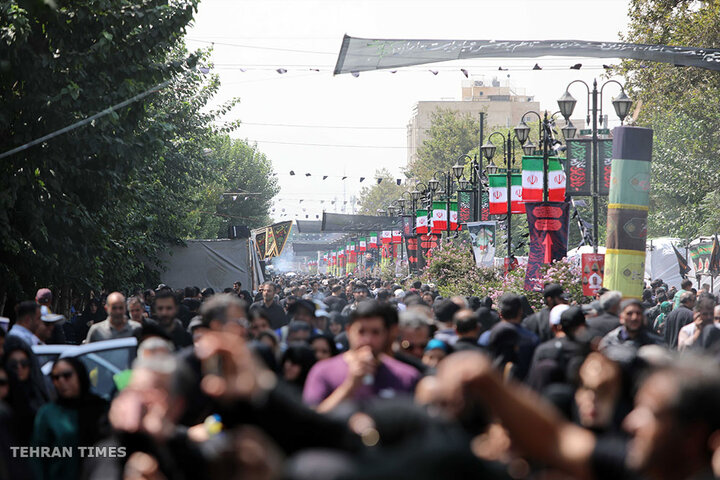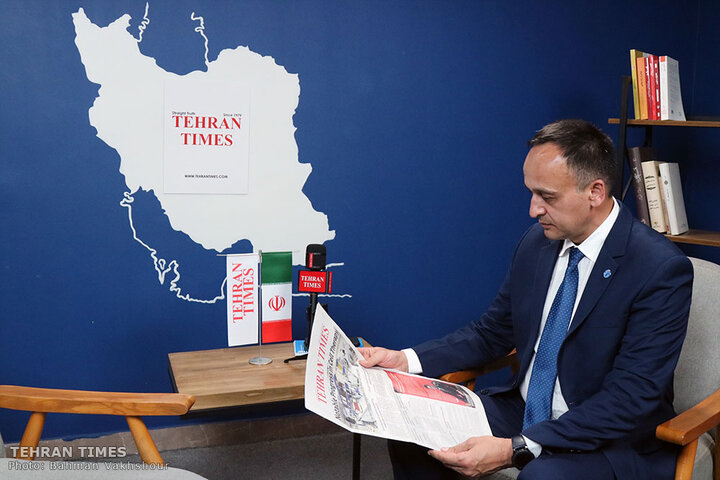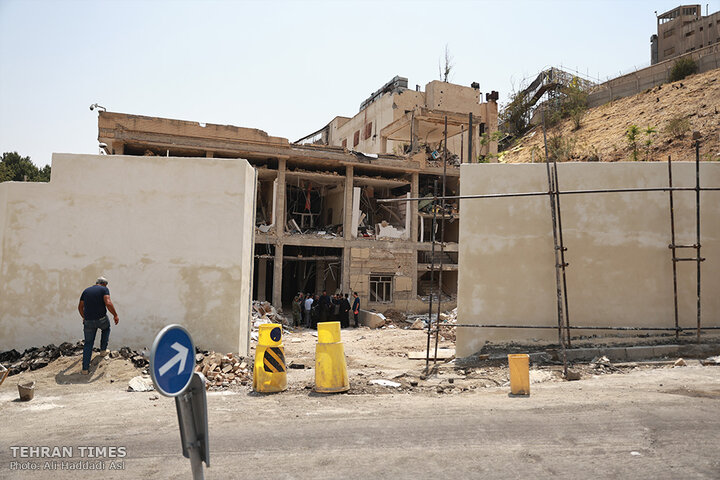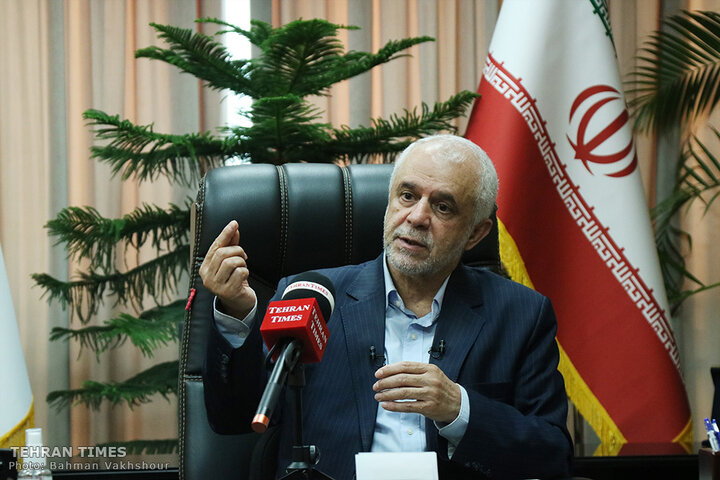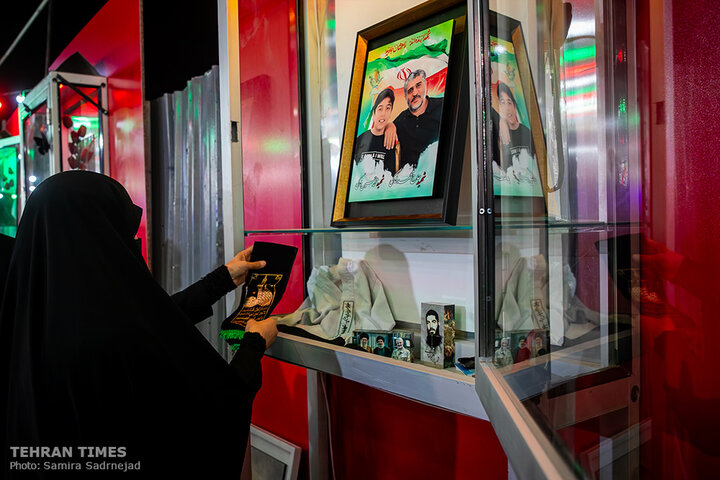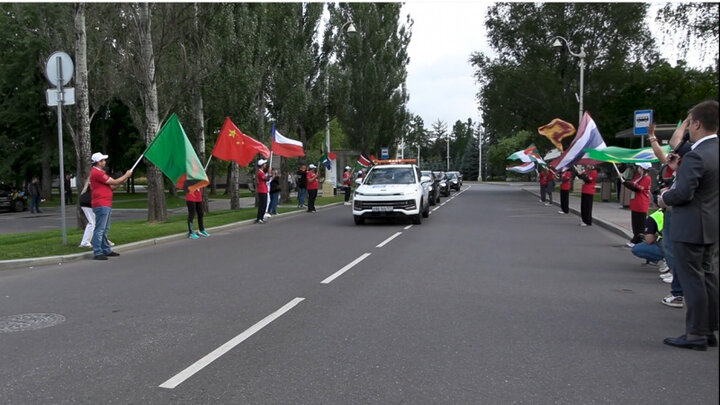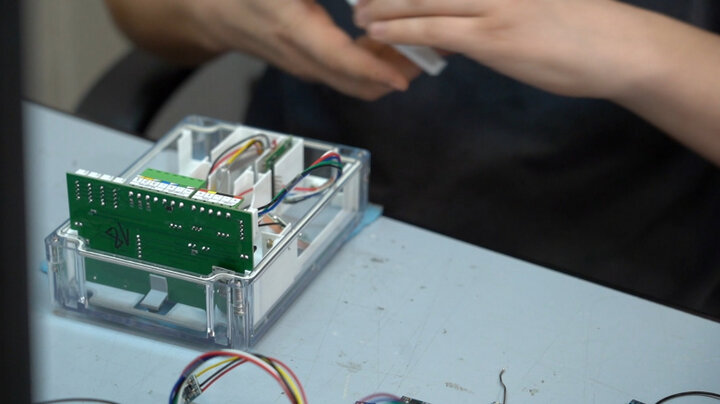-
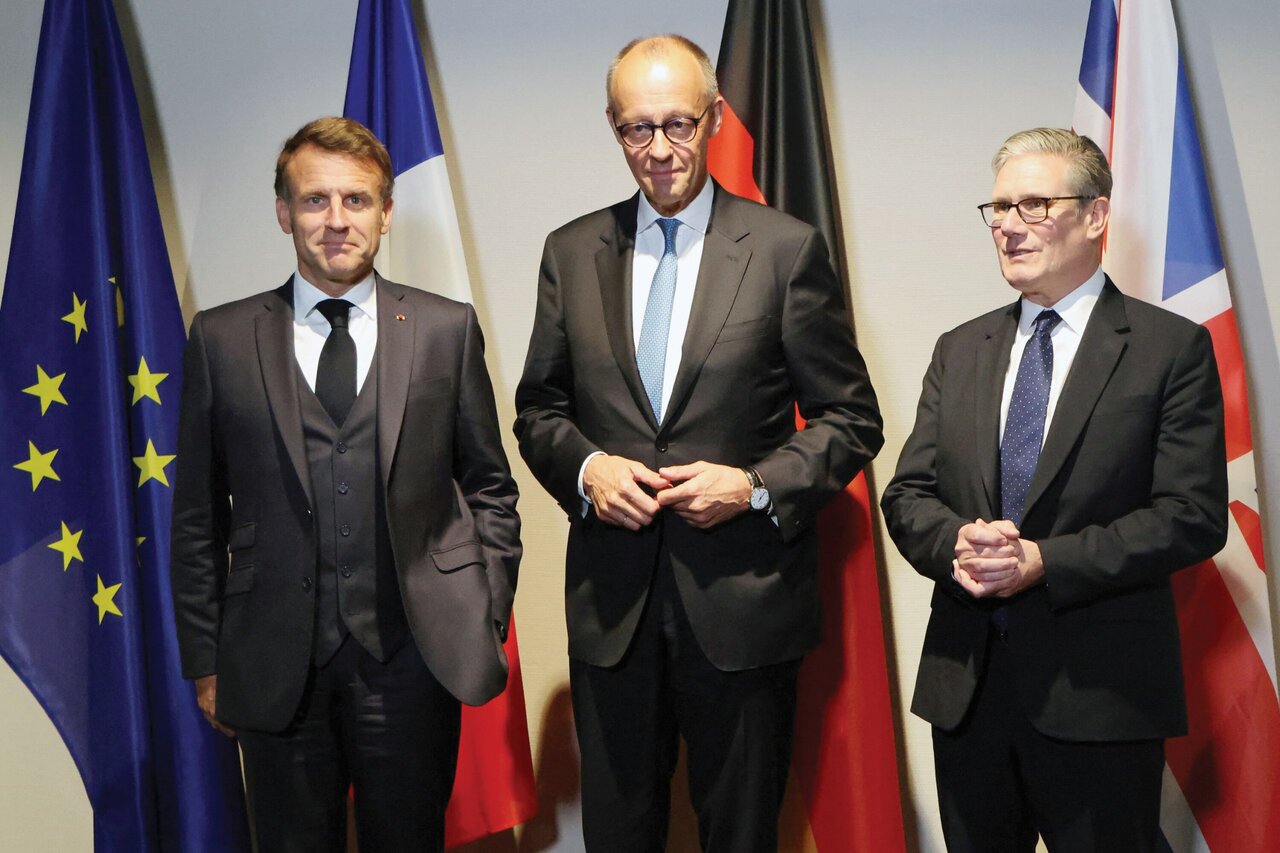 2025-08-27 21:37
2025-08-27 21:37
Europe’s Snapback Gamble
Unofficial sources say the European troika plans to unlawfully trigger the reimposition of UN Security Council sanctions against Iran
TEHRAN – In a move that could further escalate tensions with Iran, Britain, France, and Germany—collectively known as the E3—are reportedly preparing to trigger the so-called “snapback” mechanism of the 2015 nuclear deal.
-
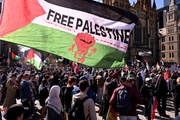
By Garsha Vazirian
How rising voices for Gaza have shaken Australia
TEHRAN – Over the past two years, Australia has experienced a remarkable rise in pro-Palestine activism, as increasingly frequent and expansive demonstrations have mobilized citizens across the nation in solidarity with Gaza and condemnation of Israeli military conduct.
-
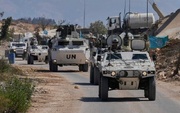
By Sondoss Al Asaad
Will UNIFIL extend its influence over Beirut’s southern suburbs?
BEIRUT — A few days before the end of its mandate in southern Lebanon, the UN Security Council has yet to set a date for a session to decide the fate of UNIFIL’s mission due to the American-Israeli condition that the extension be linked to the disarmament of Hezbollah.
-
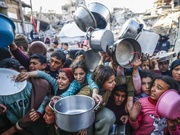
By Wesam Bahrani
Starvation worsens in Gaza
TEHRAN – The Gaza Strip is caught not just in the flames of war, but in a deepening famine. UN experts insist this is no accident but a deliberate strategy.
-

By staff writer
Global condemnation grows over Israeli killing of journalists in Gaza
TEHRAN — Global outcry continues after an Israeli strike on Gaza’s Nasser Hospital killed journalists and first responders, fueling condemnation and political backlash around the world.
-
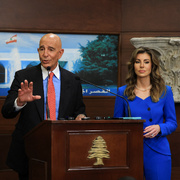
US envoy’s outburst angers Lebanese, highlights stark difference with Iranian visit
TEHRAN – A visiting U.S. official, Tom Barrack, has managed to draw the fury of a lot of people in Lebanon after he lost his cool with local journalists. During a press conference in Beirut, he told them to shut up and called them "animalistic," demanding they act "civilized."
Politics
-
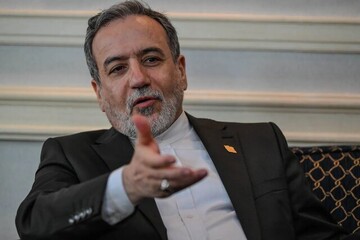
Israel seeks to weaken Lebanon the same way it crippled Syria: Araghchi
TEHRAN – Iranian Foreign Minister Abbas Araghchi has reaffirmed Tehran’s commitment to preserving Syria’s sovereignty and territorial integrity, warning that Israel seeks to replicate in Lebanon the same destabilizing tactics it has employed in Syria.
-
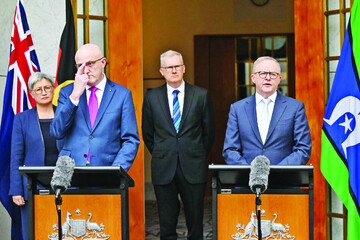
Kangaroo court
TEHRAN – When Australian Prime Minister Anthony Albanese faced cameras in Canberra on Tuesday to announce the expulsion of Iran’s ambassador, he looked like a judge delivering a verdict in what English speakers call a kangaroo court.
-
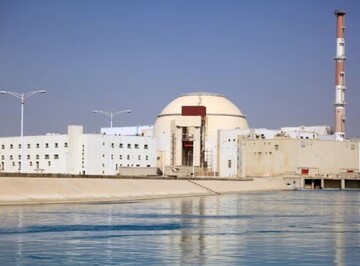
IAEA inspectors to return to Iran for fuel replacement at Bushehr
TEHRAN - After weeks of stalled cooperation, inspectors from the International Atomic Energy Agency (IAEA) have been allowed to return to Iran, according to Foreign Minister Abbas Araghchi.
Sports
-

Aging squad and weak rivals: Iran’s CAFA dilemma
TEHRAN - The Iranian national football team’s squad announcement for the upcoming CAFA 2025 tournament by head coach Amir Ghalenoei has sparked notable criticism.
-
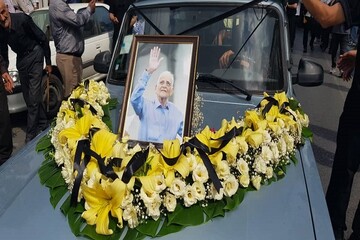
Ex-Iran wrestler Habibi laid to rest
TEHRAN – Emamali Habib, Iran’s first Olympic gold medalist, was laid to rest on Wednesday in his hometown of Babol, Mazandaran Province, north of Iran.
-

Iran squad named for 2025 CAFA Nations Cup
TEHRAN – Iran football coach Amir Ghalenoei has announced his 27-man squad for the 2025 CAFA Nations Cup.
Culture
-

11th Apricot Tree International Documentary Film Festival will host Iranian films, juror
TEHRAN –Two films from Iran will participate in the 11th Apricot Tree International Documentary Film Festival, where an Iranian filmmaker will also serve as a jury member.
-

Tehran cultural center screens “Mission: Impossible – The Final Reckoning”
TEHRAN- “Mission: Impossible – The Final Reckoning”, a 2025 action movie by American director Christopher McQuarrie, went on screen at the Arasbaran Cultural Center in Tehran on Wednesday.
-
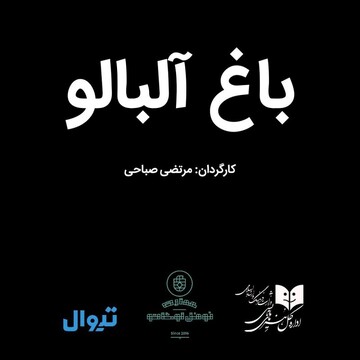
Tehran theater to host reading performance of Anton Chekhov’s “The Cherry Orchard”
TEHRAN- Neauphle-le-Chateau Theater in Tehran will be playing host to a reading performance of the renowned Russian author Anton Chekhov’s final play “The Cherry Orchard” on September 5.
Economy
-
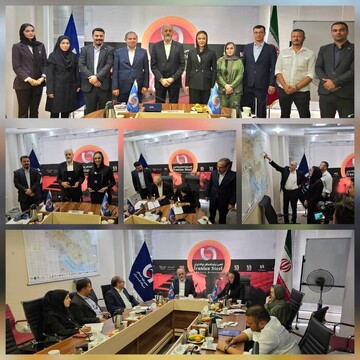
Iran, Uzbekistan sign cooperation deal in steel sector
TEHRAN – Iran’s Steel Producers Association and the Uzbekistan Metallurgy Association signed a memorandum of understanding on joint cooperation in the iron and steel sector, the Iranian association said on Wednesday.
-
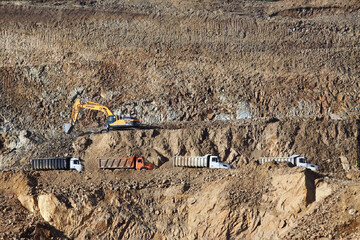
IMIDRO reports 40% rise in exploration excavation
TEHRAN – The Iranian Mines and Mining Industries Development and Renovation Organization (IMIDRO) said its mineral exploration drilling rose by 40 percent in the first four months of the current Iranian year (March 21- July 22), compared with the same period last year.
-
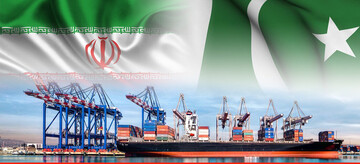
Iran exports non-oil products valued at $603m to Pakistan in 4 months
TEHRAN- Iran exported non-oil commodities valued at $603 million to Pakistan during the first four months of the current Iranian calendar year (March 21-July 22), according to the head of the Islamic Republic of Iran Customs Administration (IRICA).
Society
-
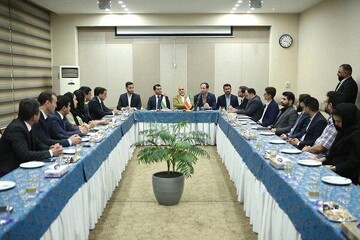
Tehran, Dushanbe hold joint meeting on youth diplomacy
TEHRAN –The Youth Diplomacy Center of Iran hosted a joint meeting with a Tajik delegation on Tuesday to explore avenues for cooperation, highlighting that the youth play a pivotal role in expanding social, cultural, and scientific interactions.
-

Connect Forum specialized meeting slated for September
TEHRAN –The Organization for the Development of International Cooperation in Science and Technology will hold the seventh edition of the Connect Forum specialized meeting on September 9.
-

Malnutrition among children under five drops by 42%
TEHRAN – Thanks to the effective implementation of the national child care nutrition program, the prevalence of malnutrition among children under the age of five has decreased by 42 percent in the country, the deputy health minister, Alireza Raeisi, has said.
Tourism
-
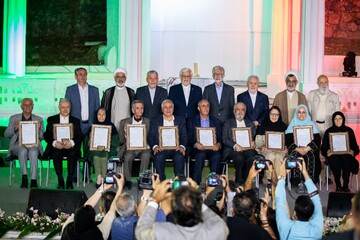
Iran pays tribute to distinguished cultural heritage figures
TEHRAN – Iran honored a selection of prominent cultural heritage figures on Tuesday evening during a special ceremony held at the Sa’adabad Cultural-Historical Complex in northern Tehran, attended by senior government and cultural officials.
-
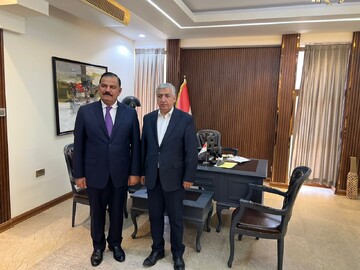
Iraq signals readiness to exchange 10 million tourists with Iran
TEHRAN – Iraq’s Minister of Culture, Tourism and Antiquities Ahmed Fakak al-Badrani said on Tuesday that his country welcomes increasing tourist exchanges with Iran to 10 million visitors in a year.
-
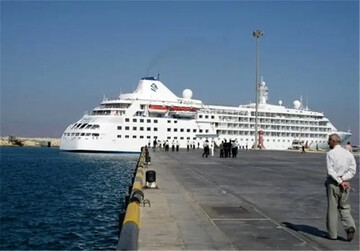
Bushehr province, one of top marine tourism destinations
TEHRAN--Bushehr province, with more than 900 kilometers of coastline along the Persian Gulf, is one of the most important marine tourism destinations in Iran. With its beautiful beaches, historical ports, and marine biodiversity, this province has great potential for developing sustainable marine tourism.
International
-

How rising voices for Gaza have shaken Australia
TEHRAN – Over the past two years, Australia has experienced a remarkable rise in pro-Palestine activism, as increasingly frequent and expansive demonstrations have mobilized citizens across the nation in solidarity with Gaza and condemnation of Israeli military conduct.
-

Will UNIFIL extend its influence over Beirut’s southern suburbs?
BEIRUT — A few days before the end of its mandate in southern Lebanon, the UN Security Council has yet to set a date for a session to decide the fate of UNIFIL’s mission due to the American-Israeli condition that the extension be linked to the disarmament of Hezbollah.
-

Starvation worsens in Gaza
TEHRAN – The Gaza Strip is caught not just in the flames of war, but in a deepening famine. UN experts insist this is no accident but a deliberate strategy.
Video Comment
-
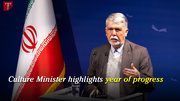
Culture minister highlights year of progress in arts, global image enhancement
-

Gazan Journalists attacked by Israel
-
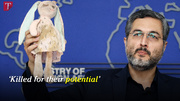
Brother of Iranian scientist murdered in Israeli strike speaks out
-
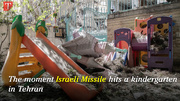
Footage shows Israel hit a kindergarten in Tehran
-
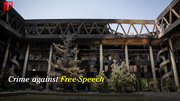
Delegates and ambassadors from 28 countries visited the IRIB building
Most Viewed
-
Kangaroo court
-
Iran gained access to advanced technology in 12-day defense
-
Top military official tells Pakistan Iran is ready for joint action against terrorism
-
Iran will not bow to bullying and arrogance: Pezeshkian
-
Iran ready to supply steel products, engineering services to Uzbekistan
-
Israel’s crimes in Gaza cannot go unpunished: Iran foreign ministry
-
Iran’s oil output hits 7.5-year high, NIOC head says
-
No restraint in face of future aggression, says Iran’s parliament speaker
-
Iran in the SCO: Two years on, breaking blockades, busting myths, building cooperation
-
Europe’s Snapback Gamble
-
Exports to Africa more than double in 4 months
-
Iraq signals readiness to exchange 10 million tourists with Iran
-
Iran ranks first in biotech among Islamic nations: SCImago
-
How rising voices for Gaza have shaken Australia
-
Iran squad named for 2025 CAFA Nations Cup
